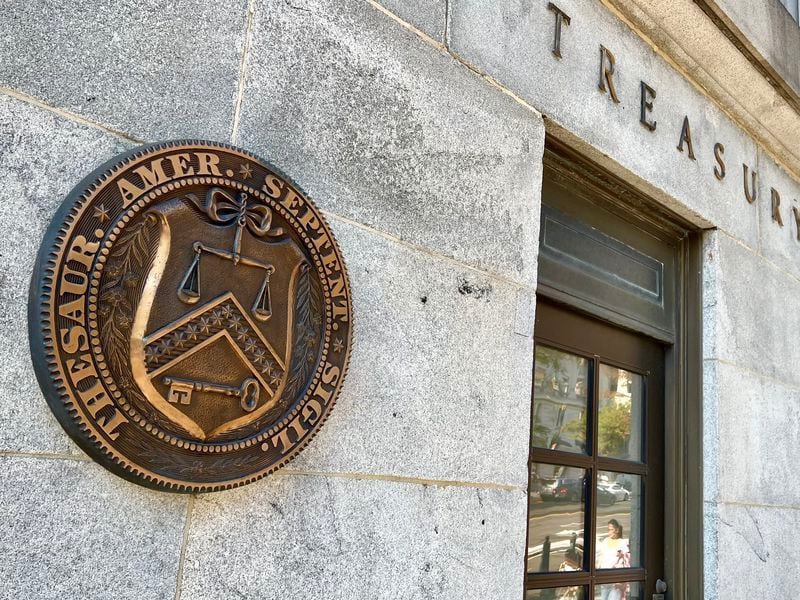‘Bridge Szn’ Continues With $2M Raise for Stablecoin Connector Symbiosis
With the future of decentralized finance (DeFi) increasingly appearing to be multi-chain, the need to shuttle assets between networks has never been higher.
The bridge market, however, is largely dominated by centralized solutions or a handful of decentralized incumbents – a state of affairs one startup is looking to disrupt.
Symbiosis Finance, a stablecoin-based cross-chain bridge, announced the close of its $2 million funding round on Thursday. The round was led by Blockchain.com Ventures with participation from Wave Financial, BTC Inc, KuCoin Labs, Injective Labs, DAO Maker, Primitive Ventures, Kairon Labs, Gate.io and Richard Dai.
Symbiosis CMO Nick Avramov said the team currently has testnet coverage for a number of networks, and is aiming to incorporate more before mainnet launch.
“Right now we have five networks – Ethereum, Binance Smart Chain, Polygon, Avalanche, and [Huobi’s] HECO,” he said. “We’re going to cover every layer 2, and even some layer 1s like Solana – we just built a proof-of-concept for the Solana hackathon.”
The team demonstrated for CoinDesk a testnet swap between UNI on Ethereum’s Rinkeby network to CAKE on BSC’s testent, a swap that routed the UNI to stablecoins, stablecoins between the networks, and finally exchanged the stablecoins for CAKE.
The asset swaps were conducted using an order router between multiple exchanges and assets, similar to exchange aggregators like 1inch. The team launched a full testnet version of the product on Oct. 20.
Avramov argued that this architecture is superior to bridge products that use a native token for cross-chain liquidity, noting that on native token bridges users then need to establish an individual liquidity pool for each swappable asset, and that native tokens can be highly volatile.
The cross-chain network of validators and stablecoin liquidity providers will use native SMB tokens and a staking/slashing scheme for security, said Avramov. Validators will collect swap and bridging fees, as well as rewards in SMB in a forthcoming liquidity mining scheme.
Currently the validator computation and contract is hosted on Ethereum, but it will eventually migrate to Solana.
Avramov said he expects the team’s investors to serve as the initial cohort of validators, though the program will be open to the public.

Andrew Thurman is a tech reporter at CoinDesk with a focus on DeFi.
Subscribe to Valid Points, our weekly newsletter about Ethereum 2.0.
By signing up, you will receive emails about CoinDesk product updates, events and marketing and you agree to our terms of services and privacy policy.









